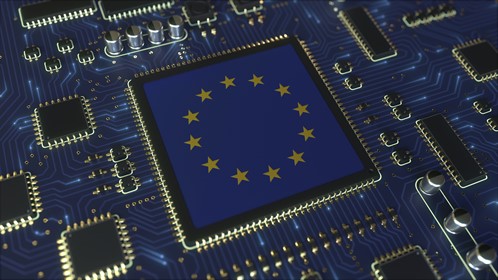
Read more

This research project aims to analyse the competitive and regulatory environment, as well as the business models supporting the innovation process and the development of key technologies for the digital age.
The research team follows and analyses the evolution of the intellectual property framework, with a particular emphasis on recent developments in the field of ICT standards and Standard-Essential Patents (SEPs), as well as the organisation of innovation in the digital economy. Specific areas of ongoing research refer to the uptake of patent enforcement proceedings before the Unified Patent Court (UPC), which entered into force in June 2023 and the consequences of the 2025 withdrawal by the European Commission of the proposal of the Standard Essential Patents (SEPs) Regulation.
In parallel, the research follows the evolving antitrust frameworks governing patent licensing and SEPs, particularly in light of recent revisions to sector-specific regimes applicable to patent licensing and SEPs in particular, including the revision of the field-specific regimes in the EU, the UK and China. Finally, the team investigates, from an economic perspective, the innovation dynamics followed by SMEs, especially in Europe.
This project receives funding from the Market Donors of the Centre for a Digital Society.

Marco Botta
Deputy Director
Centre for a Digital Society
Adjunct Professor
University of Vienna

Lapo Filistrucchi
Professor
University of Florence
Advisor
Centre for a Digital Society

Pier Luigi Parcu
Director
Centre for a Digital Society
Director
Centre for Media Pluralism and Media Freedom

Maria Alessandra Rossi
Scientific Coordinator
Centre for a Digital Society
Associate Professor
University of Chieti/Pescara

Anna Renata Pisarkiewicz
Research Fellow
Centre for a Digital Society

Read more
Video

Read more